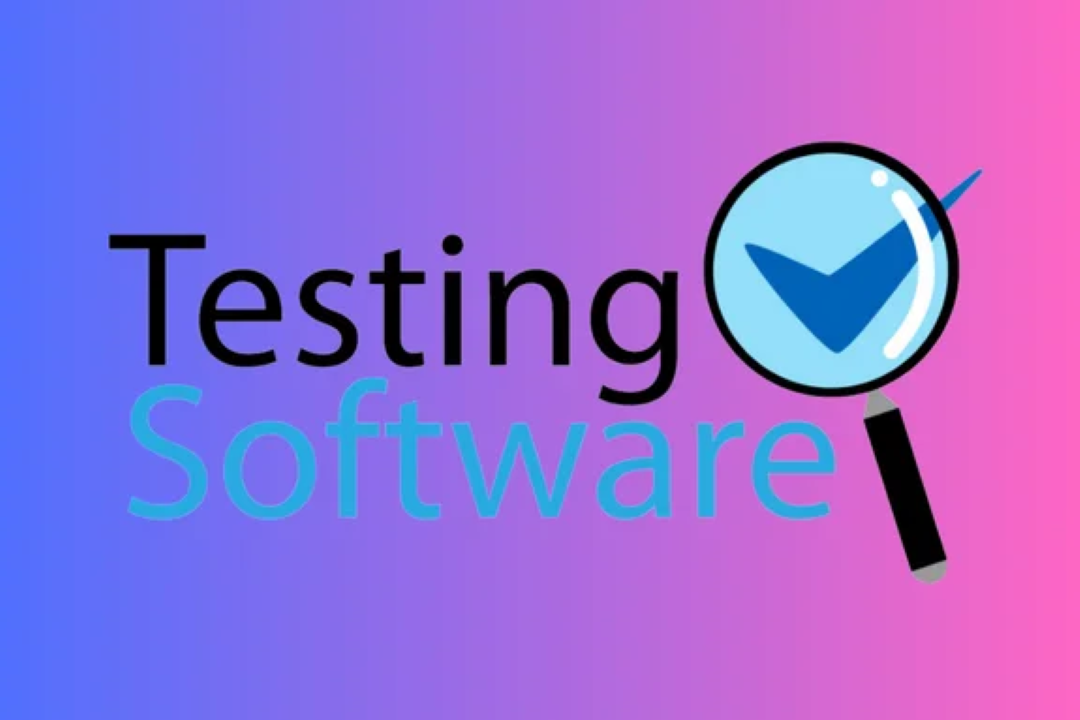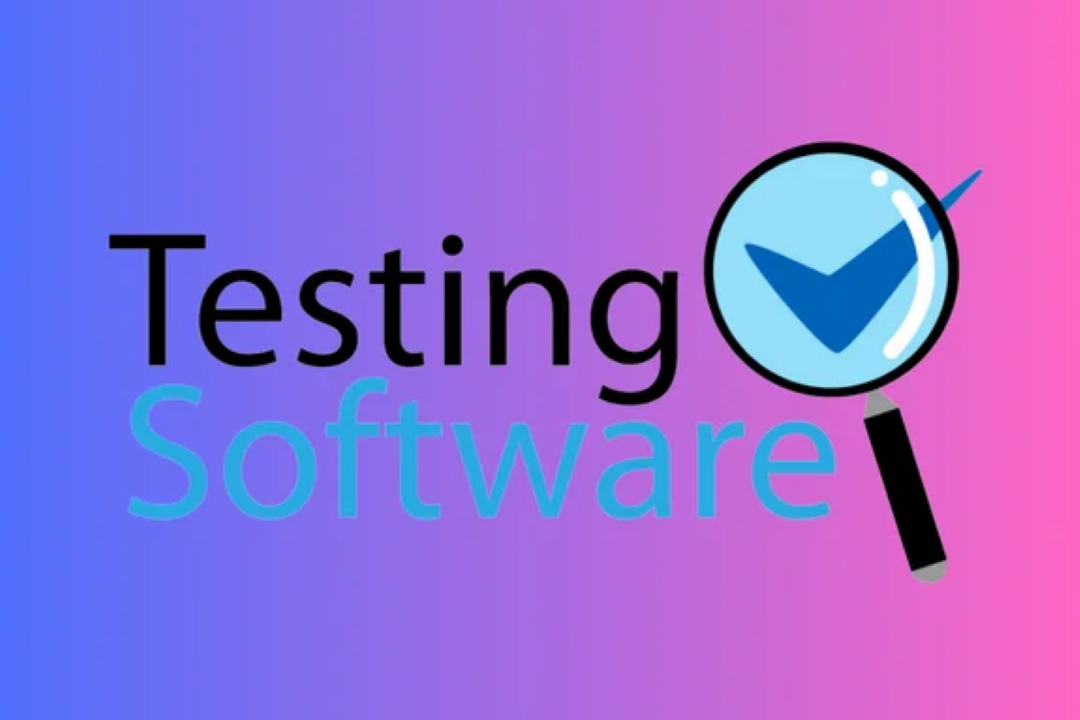selenium course near PITAMPURA DELHI
The Selenium Automation Testing Course near Pitampura, Delhi, offers comprehensive training for indi
selenium course near PITAMPURA DELHI
The Selenium Automation Testing Course near Pitampura, Delhi, is designed for professionals seeking to enhance their skills in automated testing, a crucial aspect of modern software development. Selenium is a widely used framework that facilitates the testing of web applications across different browsers and platforms, making it an essential tool for quality assurance engineers. This course not only covers the core concepts and functionalities of Selenium but also includes hands-on projects, enabling participants to apply their knowledge in real-world scenarios. Completing this course equips individuals with the skills needed to streamline the testing process, improve accuracy, and boost productivity in software development, making them valuable assets to any organization.
To Download Our Brochure: https://www.justacademy.co/download-brochure-for-free
Message us for more information: +91 9987184296
The Selenium Automation Testing Course near Pitampura, Delhi, is designed for professionals seeking to enhance their skills in automated testing, a crucial aspect of modern software development. Selenium is a widely used framework that facilitates the testing of web applications across different browsers and platforms, making it an essential tool for quality assurance engineers. This course not only covers the core concepts and functionalities of Selenium but also includes hands on projects, enabling participants to apply their knowledge in real world scenarios. Completing this course equips individuals with the skills needed to streamline the testing process, improve accuracy, and boost productivity in software development, making them valuable assets to any organization.
Course Overview
The Selenium Course near Pitampura, Delhi, offers an in-depth exploration of automated testing using the popular Selenium framework. Participants will gain a thorough understanding of Selenium's various components, including WebDriver, Grid, and IDE, through a combination of theoretical knowledge and practical applications. The curriculum covers test automation frameworks, scripting in multiple programming languages such as Java and Python, and best practices for test case design. Additionally, learners will engage in real-time projects that simulate real-world testing environments, enhancing their problem-solving skills and equipping them for a career in software quality assurance. This course is ideal for software testers, developers, and anyone looking to leverage automation for efficient software testing.
Course Description
The Selenium Course near Pitampura, Delhi, is designed to equip participants with the essential skills needed for automated testing using the Selenium framework. This comprehensive course covers key concepts, including Selenium WebDriver, IDE, and Grid, while also focusing on scripting in popular programming languages like Java and Python. Through a blend of theoretical lessons and hands-on projects, learners will gain practical experience in creating and executing test cases, understanding test automation frameworks, and implementing best practices in software testing. Ideal for aspiring software testers and developers, this course empowers individuals to excel in the field of quality assurance and enhance their career prospects in the IT industry.
Key Features
1 - Comprehensive Tool Coverage: Provides hands-on training with a range of industry-standard testing tools, including Selenium, JIRA, LoadRunner, and TestRail.
2) Practical Exercises: Features real-world exercises and case studies to apply tools in various testing scenarios.
3) Interactive Learning: Includes interactive sessions with industry experts for personalized feedback and guidance.
4) Detailed Tutorials: Offers extensive tutorials and documentation on tool functionalities and best practices.
5) Advanced Techniques: Covers both fundamental and advanced techniques for using testing tools effectively.
6) Data Visualization: Integrates tools for visualizing test metrics and results, enhancing data interpretation and decision-making.
7) Tool Integration: Teaches how to integrate testing tools into the software development lifecycle for streamlined workflows.
8) Project-Based Learning: Focuses on project-based learning to build practical skills and create a portfolio of completed tasks.
9) Career Support: Provides resources and support for applying learned skills to real-world job scenarios, including resume building and interview preparation.
10) Up-to-Date Content: Ensures that course materials reflect the latest industry standards and tool updates.
Benefits of taking our course
Functional Tools
1 - Selenium WebDriver: Selenium WebDriver is the core component of the Selenium suite, enabling students to interact with web browsers programmatically. It offers a robust interface for automating the testing of web applications across various browsers such as Chrome, Firefox, and Safari. Students will learn how to create complex test scripts using WebDriver APIs, handle different types of web elements, and execute tests effectively. The hands on experience with WebDriver prepares learners for real world testing scenarios and ensures they can deliver robust automation solutions.
2) TestNG: TestNG is a testing framework inspired by JUnit and NUnit that significantly enhances the testing process. In the course, students will delve into the features of TestNG, such as annotations, grouping of test cases, and parallel execution. These features allow for more organized and efficient test management. Understanding TestNG empowers learners to implement automated testing strategies seamlessly and facilitates better reporting and debugging capabilities, which are vital for ensuring software quality.
3) Maven: Apache Maven is a build automation tool that will be introduced in the Selenium course to streamline the testing process. It helps manage project dependencies, build processes, and integrate with continuous integration/continuous deployment (CI/CD) pipelines. Students will learn how to create and configure a Maven project and utilize its built in plugins for executing Selenium tests. Mastering Maven enhances the ability to maintain large test suites, manage libraries efficiently, and create repeatable builds.
4) Git: In the course, students will be trained on Git, a version control system that is crucial for managing code changes and collaborating in teams. Learners will understand how to create repositories, track changes, and resolve conflicts in automated testing scripts. Proficiency in Git will help students in maintaining their codebase, facilitating teamwork, and ensuring the integrity of test scripts over the course of development, which is a critical skill in software development environments.
5) Jenkins: Jenkins is an open source automation server that plays a pivotal role in CI/CD practices. The Selenium course includes hands on sessions on integrating Selenium tests with Jenkins to enable automated test execution. Students will learn how to set up Jenkins jobs, trigger tests via webhooks, and generate test reports. This knowledge prepares learners to implement continuous testing practices, significantly improving the development lifecycle and ensuring faster feedback on software quality.
6) Cucumber: Cucumber is a tool for Behavior Driven Development (BDD) that allows students to write tests in a natural language format. The integration of Cucumber in the course introduces learners to the concept of writing executable specifications. This enables collaboration between developers, testers, and business stakeholders. Through Cucumber, students will learn how to create feature files, run tests, and understand the importance of documentation in the testing process, which is essential for effective communication in agile environments.
7) Selenium Grid: To enhance testing efficiency, the course covers Selenium Grid, a tool that allows for the simultaneous execution of tests in multiple environments and browsers. Students will explore how to configure the Grid, distribute tests across different machines, and achieve faster execution times. Mastering Selenium Grid prepares learners to implement scalable testing solutions, catering to various platforms and browser setups, which is crucial for ensuring comprehensive test coverage in diverse application ecosystems.
8) Locators in Selenium: Understanding how to effectively locate web elements is fundamental to automating tests with Selenium. This section of the course will cover various locator strategies, including ID, Name, Class Name, XPath, CSS Selector, and Link Text. Students will practice identifying and interacting with web elements through these strategies to build robust test scripts. Mastery of locators ensures that learners can develop flexible and maintainable automation scripts that can withstand changes in the web application's UI.
9) Handling Alerts and Pop ups: Automated testing often requires interacting with alerts, modals, and pop up windows. Learners will gain insights into handling various types of browsers' alerts using Selenium WebDriver. This includes accepting, dismissing, and extracting text from alerts. Understanding how to manage pop ups will enhance students' ability to test real world scenarios effectively where user confirmations and notifications play a critical role.
10) Data Driven Testing: Data driven testing is a crucial concept that allows automation scripts to execute multiple test cases with different sets of data. In this segment, students will learn how to implement data driven tests using TestNG and external data sources like Excel or CSV files. This capability is vital for comprehensive testing, as it ensures applications are validated against a range of input scenarios, significantly bolstering quality assurance efforts.
11 - Page Object Model (POM): The Page Object Model is a design pattern that encourages the creation of Object Oriented classes based on the application pages. This segment teaches students how to structure test code efficiently, making it more readable, maintainable, and reusable. POM aids testers in minimizing code duplication and facilitates easier updates when the application UI changes. Learners will practice implementing this model through real time projects, cementing their understanding of clean testing methodology.
12) Handling Synchronization: Synchronization in Selenium ensures that tests execute reliably by managing timing issues between test execution and web page loading times. The course will cover different wait strategies, including Implicit Wait, Explicit Wait, and Fluent Wait. By mastering synchronization techniques, learners will develop skills to write tests that are less prone to failure due to timing issues, leading to more stable and consistent test results.
13) Assertions in Testing: Assertions are critical for verifying that the expected outcomes match the actual results in automated tests. This part of the course will introduce students to different types of assertions provided by TestNG, such as soft assertions, hard assertions, and custom assertions. Understanding how to implement assertions effectively allows testers to validate the functionality of applications accurately and create meaningful test reports that highlight discrepancies.
14) Continuous Integration and Continuous Deployment (CI/CD): Integrating automated tests into a CI/CD pipeline is a vital skill for modern software development. The course will provide insights into how automated Selenium tests can be incorporated into CI/CD workflows, allowing for regular testing throughout the development lifecycle. Students will learn about best practices for setting up CI/CD tools, managing test execution results, and responding to test failures, fostering a culture of quality and fast feedback.
15) Mobile Testing with Selenium: As mobile applications become increasingly prevalent, mobile testing is a desirable skill for automation testers. The course will introduce students to tools like Appium that enable Selenium like testing for mobile applications. By learning to automate tests on real devices and simulators, students will expand their expertise to cover a broader range of applications, ensuring they are well prepared for the mobile testing landscape.
16) Reporting and Logging: Effective logging and reporting are crucial components of automated testing. The course will cover how to implement detailed logging using frameworks like Log4j and generate comprehensive test reports using tools like Allure or Extent Reports. This knowledge equips students to analyze test outcomes effectively, identify recurring issues, and communicate results to stakeholders efficiently, which is vital for ongoing improvement and collaboration in software teams.
17) Best Practices in Automation Testing: As the course culminates, learners will explore industry best practices for automation testing. This includes strategies for test design, maintenance, code reviews, and collaboration within teams. Students will engage in discussions to understand the importance of writing clean, efficient code and how to create maintainable test frameworks that adapt to evolving software applications, ensuring longevity and sustainability in automation efforts.
By covering these additional points, learners at JustAcademy will receive a comprehensive education in Selenium automation testing, preparing them for immediate challenges in the software development and testing industry.
Browse our course links : https://www.justacademy.co/all-courses
To Join our FREE DEMO Session:
This information is sourced from JustAcademy
Contact Info:
Roshan Chaturvedi
Message us on Whatsapp: +91 9987184296
Email id: info@justacademy.co












